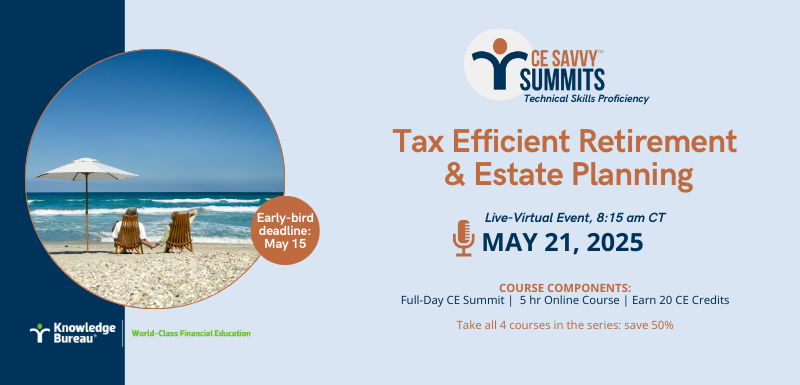A Baker’s Dozen: Tax Questions for Election Candidates

Geoff Currier
Canadians find themselves in an eagerly awaited election campaign in which MPs (Members of Parliament) will make decisions about how to collect and spend your tax dollars. Are you ready to interview these candidates for their job? Here are 13 questions – a baker’s dozen – you might wish to draw from to help you decide on the qualifications. But, you won’t get to ask them all - political candidates aim to spend no more than 90 seconds on any doorstep to give a quick pitch and ask for support – so choose wisely and listen to answers carefully.
- How does your educational, experiential background qualifies you for the role of MP?
- As you will be collecting and spending my tax dollars do you know how much I can earn before paying any federal income tax?

- What is the tax filing deadline this year?
- Who must file a tax return – is anyone exempt from filing?
- How much is the Child Tax Benefit, and is it taxable?
- How can I qualify for the Canada Dental Care Plan?
- What is a capital gain and who needs to report it?
- What is the difference between a TFSA, FHSA and an RRSP?
- What is the most I can put in each plan this year?
- How much is Canada’s federal debt and what is the interest on it this year?
- What is the GDP and why it’s important?
- Do you think our tax system/CRA’s role should be improved?
- How will you protect our personal and financial security over the next 4 years?
Bottom Line: There’s a good chance that these questions will take some of your potential MPs by surprise. Politicians often count on voter apathy, or ignorance of the real issues.
But, our parliamentarians are responsible for taxing and spending your money, and so it’s critical that they understand how to answer these basic questions. They don’t all need to be tax experts, but they do need to have a basic working knowledge of Canada’s tax system and how they plan to spend the money they appropriate from you and your clients.
The above are a few suggestions for ways to ensure that the people in charge of our money understand how the system works, and for you to be an impactful, proactive voter, too.